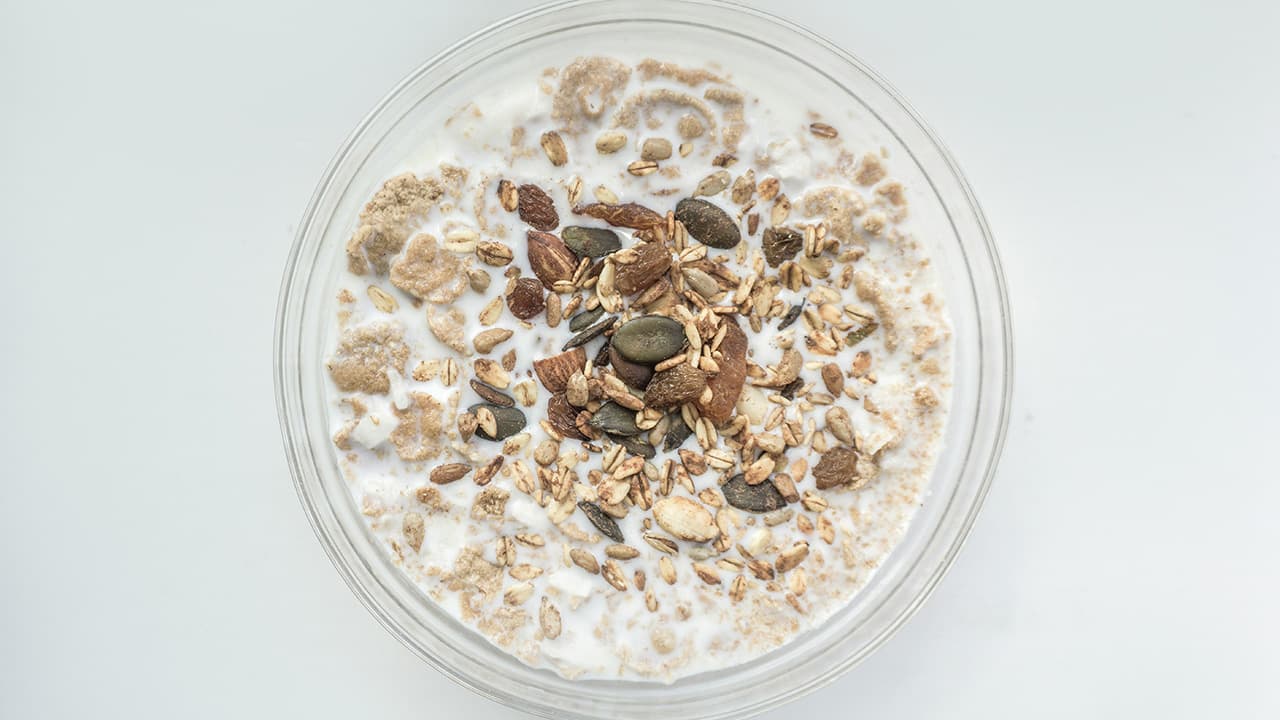Is It Good to Eat Cereal in the Morning?
Breakfast is often called the most important meal of the day. With many options available, choosing the right one can be challenging. Cereal is a popular choice found in many households. But is it a good idea to have cereal every morning? Let’s explore the pros and cons of starting your day with cereal.
The Benefits of Eating Cereal
Quick and Convenient
Cereal is known for its convenience. Mornings can be busy. With limited time for breakfast, cereal is a simple option. Just pour it into a bowl, add milk, and it’s ready to eat. This makes it ideal for those rushed mornings.
Variety and Flavor
Cereal is available in many flavors and types. From sweet to healthy options, there is something for every taste. This variety keeps breakfast interesting. Brands like Kellogg's and General Mills offer a wide selection.
Nutritional Value
Some cereals are rich in essential vitamins and minerals. Many are fortified with nutrients such as iron, fiber, and various vitamins. This can contribute to a balanced diet. Adding milk boosts the nutritional value with calcium and vitamin D.
Fiber Content
Whole grain cereals provide a good source of dietary fiber. A fiber-rich diet can support digestion, regulate blood sugar, and lower cholesterol levels. Starting your day with a fiber-rich cereal can help you feel full longer, aiding in weight management.
The Drawbacks of Eating Cereal
High Sugar Content
Many cereals, especially those marketed to children, contain high sugar levels. Excessive sugar in the morning can cause a spike in blood sugar, followed by a crash, leading to fatigue later. It is crucial to read labels and choose cereals with lower added sugar.
Nutrient Deficiency Risks
While some cereals are fortified, relying solely on cereal for breakfast can lead to nutrient gaps. A balanced breakfast includes a mix of protein, healthy fats, and a variety of vitamins and minerals. Cereal alone may not provide these nutrients.
Processed Ingredients
Many popular cereals include processed ingredients and preservatives. Frequent consumption of processed foods is not ideal for long-term health. Preservatives and artificial flavors can have negative effects on the body.
Tips for a Healthier Cereal Breakfast
Choose Whole Grain Options
Select whole grain cereals for more fiber and nutrients. Look for labels that say "100% whole grain."
Watch Your Portions
Be cautious with portion sizes. It’s easy to pour more than necessary. Check the serving size on the nutritional information and try to stick to it.
Add Fresh Fruits
Boost the nutritional value of your cereal by adding fresh fruits like bananas, berries, or kiwi. Fruits provide natural sweetness, vitamins, and fiber.
Pair with Protein
Enhance your cereal breakfast by including protein. Nuts or seeds can be added directly. You may also have a side of Greek yogurt or a boiled egg. Protein helps keep you full and provides energy.
Reduce Added Sugary Toppings
Avoid the temptation to add honey, syrup, or extra sugar to your cereal. If you want sweetness, opt for fresh fruits as a healthier choice.
Eating cereal in the morning can be a beneficial choice with smart selections. Choosing cereals low in added sugars and high in whole grains, adding fresh fruits and protein, and being mindful of portion sizes can create a nutritious breakfast. While it may not suit everyone, it can fit into a balanced, healthy lifestyle.
Variety is important. Feel free to explore other breakfast options like oats, smoothies, or scrambled eggs. Each day brings a chance to nourish your body with different nutrients and flavors.
(Edited on September 4, 2024)












